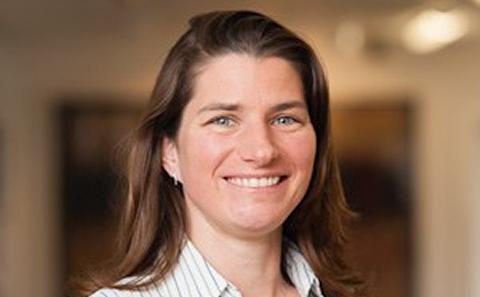Premature ovarian insufficiency: Etiology and rescue in a mouse model Event

- Time:
- 13:00 - 14:00
- Date:
- 24 May 2017
- Venue:
- Life Sciences Building 85, Room 2207, Highfield Campus
For more information regarding this event, please telephone Selina Barry on 023 80 594794 or email S.J.Barry@soton.ac.uk .
Event details
Biological Sciences Seminar Series Programme for 2016/17
Abstract: Premature ovarian insufficiency (POI) occurs in 1% of women under 40 years of age. However, despite the frequency of this condition, around 70% of cases have no known cause. Women with POI are split relatively evenly between follicular POI (the ovary contains follicles) and afollicular POI (the ovary is devoid of follicles). In the case of follicular POI, the dysfunctional ovary contains follicles and therefore, the potential for rescue exists. Since so little is known about the causes of POI, it is crucial to further our understanding of this condition. We have used a mouse model of follicular POI, which has a distinct and reproducible time line for the onset of POI, to explore the etiology of this condition. The POI phenotype results from oocyte-specific deletion of complex N- and O-glycans at the primary follicle stage. Mice are initially fertile at 6 weeks of age, infertile by 9 weeks of age and exhibit the criteria of POI for women by 3 months of age. From this model we have learnt much about follicle development and the etiology of the condition, and we have also developed a technique to rescue follicle development in these mice. Our long-term aim is to fully restore fertility in these mice and then apply this knowledge to women with the condition.
Speaker information
Dr Suzannah Williams,University of Oxford,Dr. Williams (BSc Zoology, University of Aberdeen) carried out her PhD supervised by Prof. Rex Scaramuzzi at the Royal Veterinary College, London investigating nutritional regulation of ovarian function using sheep; a good model for human studies. This involved collaborative studies in Glasgow with Dr. Gywn Gould, Dublin in Ireland with Dr. Dairmuid O'Callaghan and in Perth, Australia with Prof. Graeme Martin.